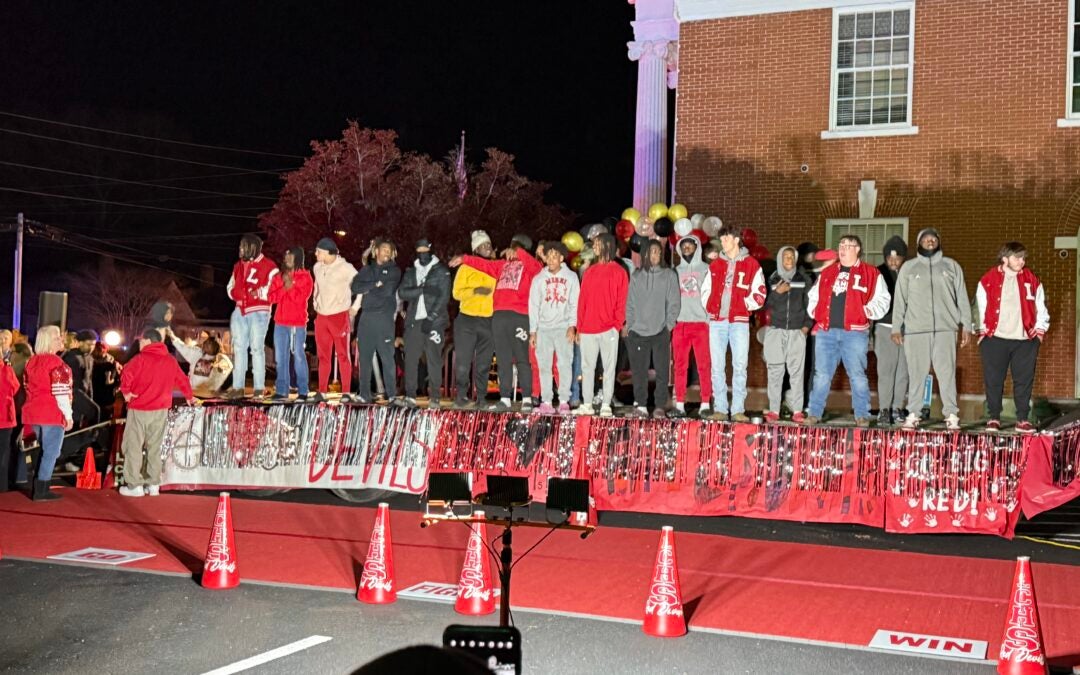One of my responsibilities at the Augusta Press is to edit opinion pieces. I do so with an eye to the paper’s role as a public forum. I work from the Supreme Court’s perspective that there is no such thing as a false opinion. I do think, though, that some opinions discourage or enflame doubts even when they don’t mean to, and I think that’s especially true in matters of faith.
Opinion
If you read the comments on Publisher Joe Edge’s column on Friday, you saw plenty of examples of that, I think. I am not a trained theologian as is Joe. He has a seminary degree from the Southwestern Baptist Seminary in Fort Worth, Texas, long recognized as one of the most conservative seminaries even within the Baptist denominations.
Building a relationship with God
I am a layperson who has had a life long interest in theology. I refused at age 12 to join the Lutheran church with my parents because I was put off by its communion liturgy that seemed to place the clergy too much in the role of a priest, something that my reformed upbringing could not abide. I still dislike to taking communion by intinction. That’s one of my growing edges.
I am what is referred to in my denomination as a cradle Presbyterian, and I was seemingly suckled on reformed theology, even if my parents were a bit more open to other ways of thinking (they did both grow up as Baptists, after all, though they became Presbyterian after friends took them to their church in Raymond, Miss).
While I do not have the seminary credentials Joe has, I have many years under my belt as an inquirer, someone who takes seriously the injunction to build a relationship with God through prayer, Bible study, contemplation and being part of a Christian community. I would argue that my belief in God and my commitment to Christianity is every bit as strong as Joe’s, even though I do a lot of the things he says Christians don’t do (like accept women in pastoral roles). I often cringe when he declares, “A Christian believes . . . .” Well, maybe, but maybe not.
Joe knows all this. He and I have lengthy exchanges about theology. We realize neither of us will change the other’s mind, but we recognize the value of exchanging our thoughts, and we enjoy the intellectual exercise. I believe such exchanges are opportunities to build one’s faith and to plant seeds that, depending on God’s will, could sprout and blossom into something significant sometime down the road.
I believe that all of us, regardless of denomination or religion, are on a life-long faith journey. God reveals Himself throughout our lives and leads us to where He wants us to be, but we won’t have the full picture until we pass on to the next world.
That said, I do think sometimes those who write about religion and theology can discourage the unchurched and those who are questioning (and not in a constructive way). I hesitate to say writers have an obligation not to do so. Sometimes questioning is the best way to find God. But I also know that more restrictive views of theology and doctrine have pushed some people away from faith, and they also give fodder to those who would attack or denounce religious people and churches as unlettered hypocrites. I have seen it happen with people I know and love. It pushes them further and further away from the Christian communities that might be able to help them explore their concerns and questions in a constructive way.
Love your neighbors
I personally think Jesus’s commandment to love our neighbors, the greatest of all the commandments, makes it incumbent on all of us to do what we can to bring people into the fold, to help them strengthen their beliefs and understanding.
That commandment extends to EVERYONE, even people I might prefer not to deal with (probably not the folks you’re likely thinking I’m talking about). Jesus told his disciples to go and make disciples of the world. I have to admit that I learned at the feet of my Dutch Reformed pastor father-in-law (and collegiate ethics professor and author of a book on Jesus’ parables) to put greater weight on what Jesus says in the Bible than anything else.
Jesus had his bad days (remember when in Matthew 15 23-25 he told the gentile woman to go away and leave him alone (paraphrasing) when she sought healing for her daughter—though her humility and faith eventually convinced him to change his mind). But mostly, he preached love, healing and reconciliation. He certainly lived all those things. I think those who seek are better met with love than with derision or hate.
Pastors and other religious leaders can also have bad days, or even just have learned bad theology somewhere along the way. In 1812, a Boston preacher, the Rev. J. S. Gardiner, told his congregation that the United States should separate into two countries as soon as possible. He said that he had lived in the South and knew Southerners were “possessed of all the evil qualities of which human nature is capable; in short, that they were anything but Christians, and the sooner we come out from among them the better.” Not exactly love and conciliation being preached there.
People think differently. They think they are saving souls with strict doctrine and fire and brimstone preaching, but the Church learned centuries ago that conversion is better accomplished through persuasion than through coercion (look into why the Roman Catholic Church in the 17th century adopted propaganda (a synonym for persuasion) as its method of evangelism). But, God will eventually show us who’s on the right path, and I trust Him to see to our needs.
For me, I stick to the injunction given in Micah 6:8: do justice, love mercy and walk humbly with God. God will take care of the rest.










